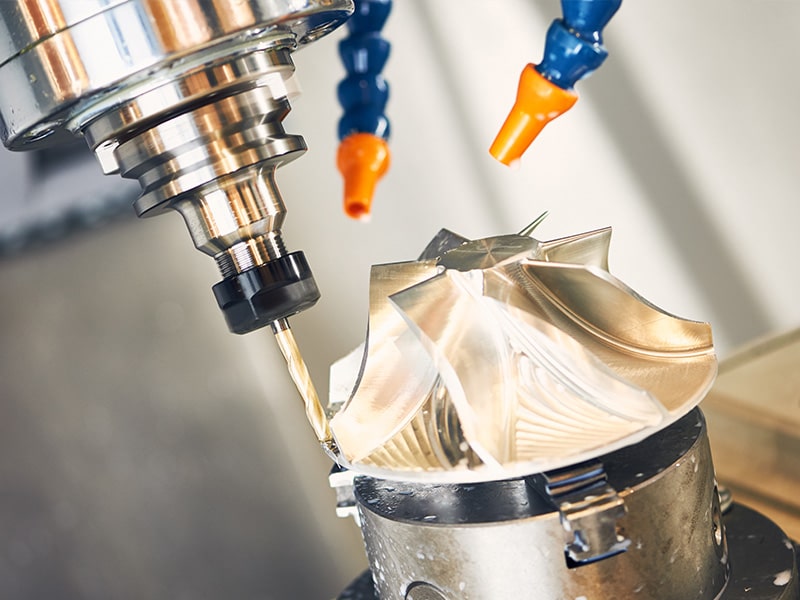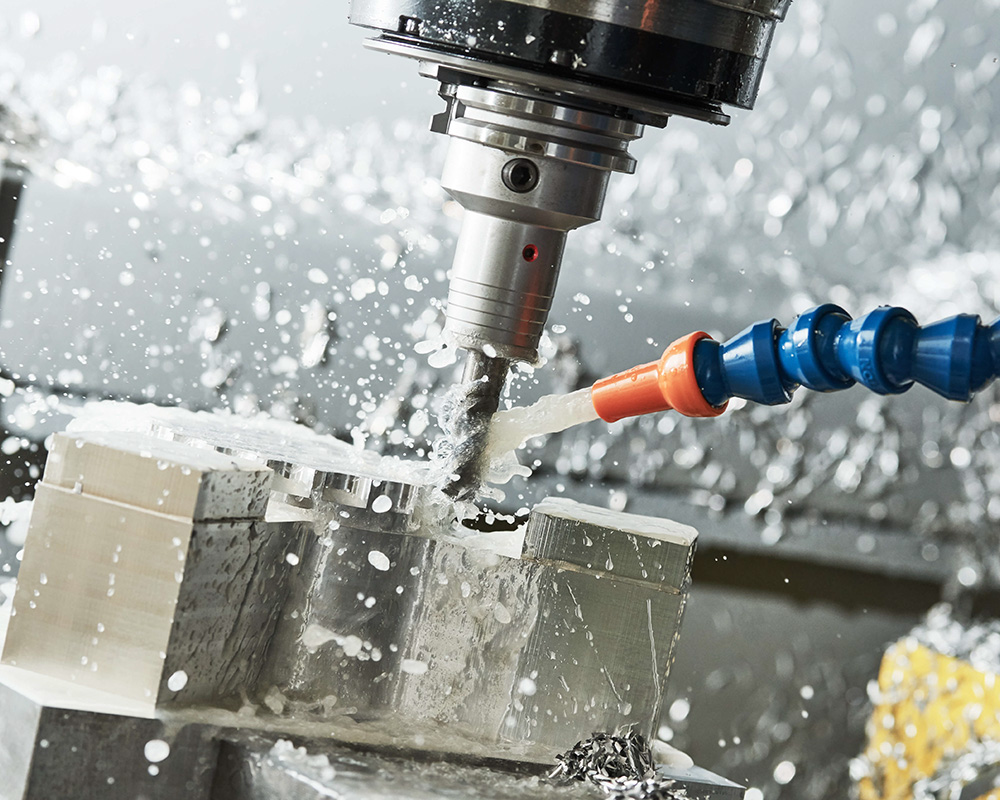CNC Machining Services: Precision Manufacturing for the Modern Period
CNC Machining Services: Precision Manufacturing for the Modern Period
Blog Article
CNC machining, or Computer Numerical Control machining, is now a fundamental element of modern manufacturing, offering the highest level of precision reliability, and consistency that was previously unattainable with conventional methods. Automating the operation of machine tools through computers, CNC machine tools allow manufacturers to make complex pieces with astonishing precision. From aerospace and automotive industries to electronics and healthcare, CNC machining is utilized across many fields to design complicated components that require precision. Computers' integration into the manufacturing process has revolutionized the method by which products are developed and constructed, setting new standards of quality as well as efficiency.
What lies at the heart of CNC machine is the capability to convert digital models into physical parts. Using computer-aided design (CAD) software, engineers and designers create elaborate 3D models for the desired component. Digital designs are transformed into precise directions, called "G-code," which the CNC machine is able to follow in order to carry out tasks like cutting, drilling or milling. This digital control allows for a high level of precision that manual machining could never attain. Also, when a plan is entered into the machine, it will repeat precisely, creating identical components in huge quantities without the need for manual adjustments. It is crucial to have this repeatability in the industries where precision and uniformity are crucial.
The efficiency is another advantage of CNC cutting. Once the design has been programmed into the machine, it is able to run in a controlled manner and perform multiple tasks without constant input from a human. Automation results in faster production and better accuracy in the quality of the products produced. In addition, CNC machines can operate in a continuous manner, which means that companies are able to produce components around all hours of the day, thus increasing overall output. This is in contrast to traditional machining methods, which require highly skilled workers to operate the tools, CNC machining offers a significant reduction in labor costs as well as the possibility of human error. This makes an efficient solution to large-scale production.
One of the main benefits of CNC machining is its effectiveness. In automatizing the process of machining the manufacturers are able to significantly cut the amount of time required for the production of parts, leading to a faster cycle of production as well as cost savings. Since CNC machines are able to operate all day long with no human oversight it is possible to increase production without compromising quality. The level of automation lowers the possibility that human errors can occur, and also ensures the quality of each piece produced is in line with all specifications set out in the digital design. Further, CNC machining allows for "lights-out" manufacturing, where machines are still in operation even after the workers leave which increases productivity while cutting down on labor costs. To obtain supplementary details please go to Premiumparts
CNC machines are also known for its versatility in terms what materials it's able work with. From steel, aluminum and titanium to plastics wood and carbon fiber, CNC machines can use a variety of components for diverse applications. This versatility allows CNC machines suitable for a diverse range of industries, each with unique demands for material. For instance, the medical industry typically needs components using biocompatible materials such as titanium. Similarly, the automotive industry relies on durable metals, such as steel, for engine parts. Whatever the metal, CNC machines can deliver precise cuts and consistent output, assuring that the final product is of the required performance and endurance standards.
Another issue with CNC machining is in the programing and setting of CNC machines. Even though CNC machines can eliminate a large portion all manual labor in manufacturing processes however, they require experienced technicians who can create and enter the necessary programs. These technicians must have expertise in CAD/CAM (Computer-Aided Design/Computer-Aided Manufacturing) software and understand the specific machining requirements of each project. Incorrect programming could result in defective components waste materials and the machine being down for a long time. Additionally, the initial setup of the machine could take a long time, particularly for intricate projects that call for several tools or processes. Once the machine has been properly programed and setup the machine can create parts in a remarkably fast time and precision making it less likely to make error-prone runs in the future.